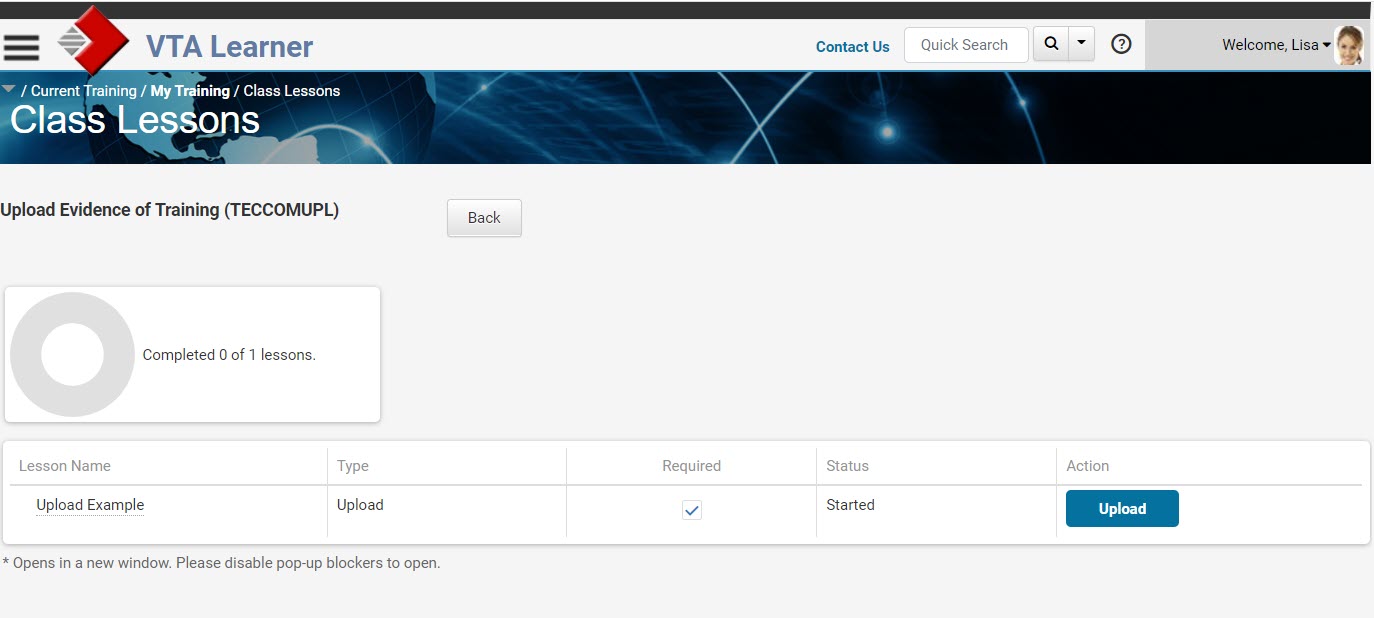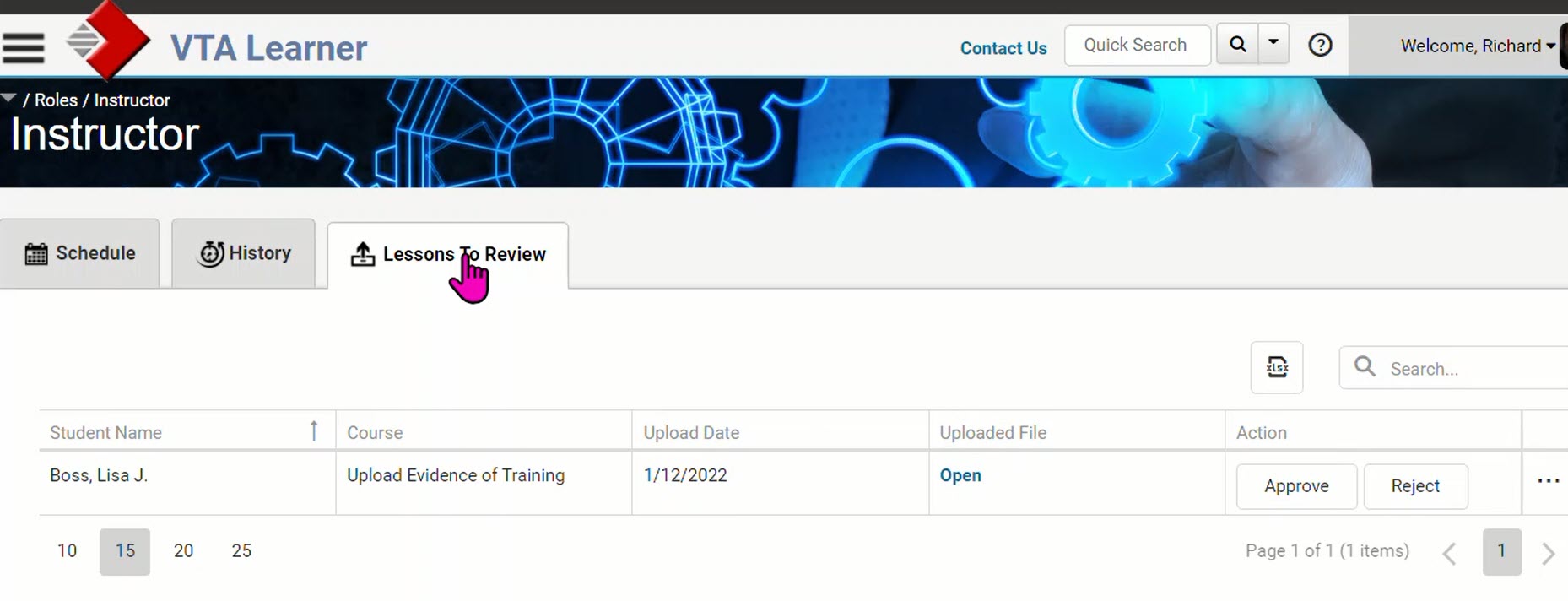Objectives & Assessments
How do you provide evidence that a student can complete a task when he or she works remotely? How can you ensure that a student understands a concept or can develop a plan to employ new skills?

Assessment often demands more than an objective test. Multiple-choice and True-False questions can assess knowledge (if well designed) but if your training objective is for a student to be able to do a thing like:
- Calibrate a Gas Chromatograph Mass Spectrometer using known sample gas.
- Develop a project plan following the Agile Method.
- Install a new battery battery bank in an EZ-GO Golf Car.
- Explain how the 1956 election in Vietnam increased American participation in the conflict.
Then an objective test will not prove that your objectives have been met. It may show that someone knows about each topic, but falls short of being able to “do”. To know that a person is qualified to perform a task, the assessment must meet the objective. Developing a project plan is not the same as listing the steps of the Agile project planning method.
Our Challenge
So, why do we try to assess a learner’s abilities based on objective tests? Because they are easy. A multiple-choice or true-false test gives us a false sense of security that the student “knows” what to do.

Of course there are plenty of circumstances where we do have instructors or assessors observe and provide a live assessment. Consider Red Cross CPR certification. I must complete a knowledge-based portion of training online or in a classroom and also prove that I can provide CPR using a Resuscitation Mannequin – a simulator used to prove competence. More complex simulators are great for putting students in a safe-environment to practice skills and document performance but there isn’t a simulator for every task. What do we do now?
Moreover, what about the changing work demographic? More and more employees are working remotely. Students are attending class remotely. Travel is being weighed carefully by individuals and companies to ensure health and safety. Not having one-on-one training and mentoring time can make assessing performance a challenge as well. RISC’s Virtual Training Assistant’s Instructor-graded lessons provide the ability to assess performance without travel or coordinating schedules between the student and the assessor.
Instructor- & Supervisor-graded Lessons
The concept of instructor- or Supervisor-graded lessons is simple. One or more lessons making up a course require a student to upload an assignment. An instructor or primary supervisor can then review the assignment and mark it as Accepted or Rejected. If Rejected, the student is allowed to upload another attempt at the assignment. If accepted, the student can continue with any subsequent lessons to receive credit for the course.
Let’s step through the process with an example.
I am given the assignment to demonstrate scanning attendance using the VTA Instructor App for iOS or Android. In VTA Learner, I need to access the course. I am already enrolled so will go to my in-progress record and click “Resume” taking me back to the course lessons.
.
To the right of the lesson is an “Upload” button. The Upload button will allow me to browse and select a file to upload.
When my instructor logs in, they have a list of lessons to review. Once my uploaded content has been reviewed, the instructor can mark it as accepted giving me final credit for the course.
 You can also watch the process in real-time by clicking here.
You can also watch the process in real-time by clicking here.
What about the data?
Like all assessments made in the RISC Learning Management Suite, both the student’s and the instructor’s interactions are tracked using xAPI. A statement is generated when a student uploads a document. An approved statement is generated when the instructor-graded lesson is accepted by the instructor. If there are no additional required lessons, the LMS will send a completed statement to the Learning Records Store. If the submission is rejected, a statement is written. This allows us to track the number of attempts a student made on a lesson with the xAPI data.
Moving Forward
What use-cases do you have for Instructor-graded lessons? What about a restaurant manager uploading their line check to a regional manager for approval? A music teacher could ask a student to upload a recording to review. An electrician may need to upload an electric one-line drawing for inspection. An aspiring artist could upload their “still life with fruit” for evaluation. The instructor-graded lesson can even be used to let students upload the license or certificate they receive at the end of a external training event. The list of use cases can go on-and-on.
Ready to move forward with instructor-graded lessons? Contact RISC Inc to learn more.

